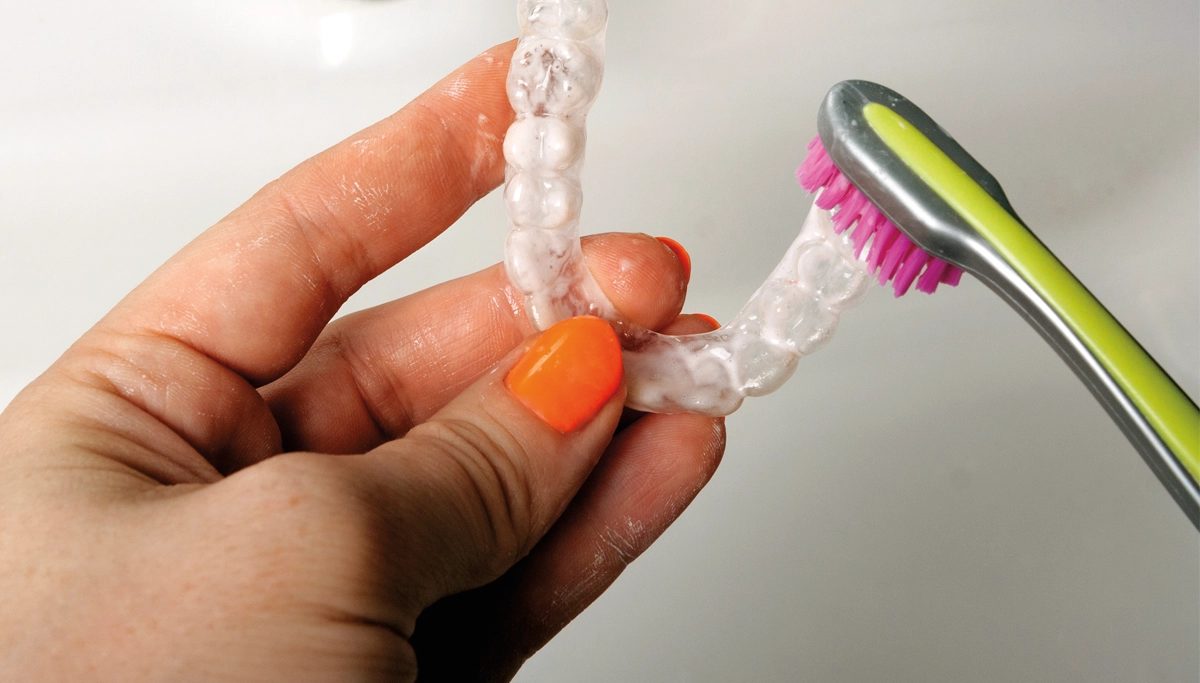Understanding menopause
The connection between menopause and your mouth
Did you know that every year over 1 million women in the U.S. go through menopause? While many are familiar with its common symptoms like hot flashes, mood swings, and sleep issues, not all are aware of its influence on other areas — like oral health. Let’s explore the connection between menopause and your mouth, and what you can do to protect your smile.
Menopause describes the period of a woman’s life when menstruation stops. It unfolds in three stages:
1. Perimenopause:
2. Menopause:
3. Post-menopause:
Reduced estrogen levels during the three stages of menopause is usually what leads to the oral health problems women face. For example, lower estrogen levels can lead to a loss of bone mass and a drop in saliva production, which can lead to dry mouth that increases the risk of tooth decay and other oral health problems. Here are some additional oral health complications associated with low estrogen levels:
-

Gum disease (periodontitis)
-

Gum inflammation (gingivitis)
-

Burning mouth syndrome
-

Bleeding gums
-

Receding gums
-

Bad breath
-

Infections
-

Infections
-

Increased risk of osteoporosis
Steps to protect your smile
To manage these changes, it’s essential to maintain good oral hygiene habits, and visit your dentist regularly. Here are some tips to keep your smile healthy throughout menopause:
-

Boost your daily oral care routine
Stick to a solid brushing and flossing routine. This means brushing at least twice a day with fluoride toothpaste and flossing at least once a day. It’s crucial to follow this regimen before, during, and after menopause to really make a difference. -

Stay hydrated
Drinking enough water is important at every stage of your life, including menopause. Staying hydrated helps keep your mouth moist even when your saliva production may be down. This can help alleviate dry mouth and prevent related complications like tooth decay.
-

Watch for changes
Keep an eye on any new or worsening symptoms with your teeth, gums, and mouth. Report these symptoms to your dentist on your next visit. -

Don’t skip dental visits
Schedule regular dental checkups. Inform your dentist about any changes to your oral health. Your dentist may catch changes you have not even noticed.
By understanding the connection between menopause and oral health and equipping yourself with the necessary tools, you can tackle the future with a healthy, happy smile.






